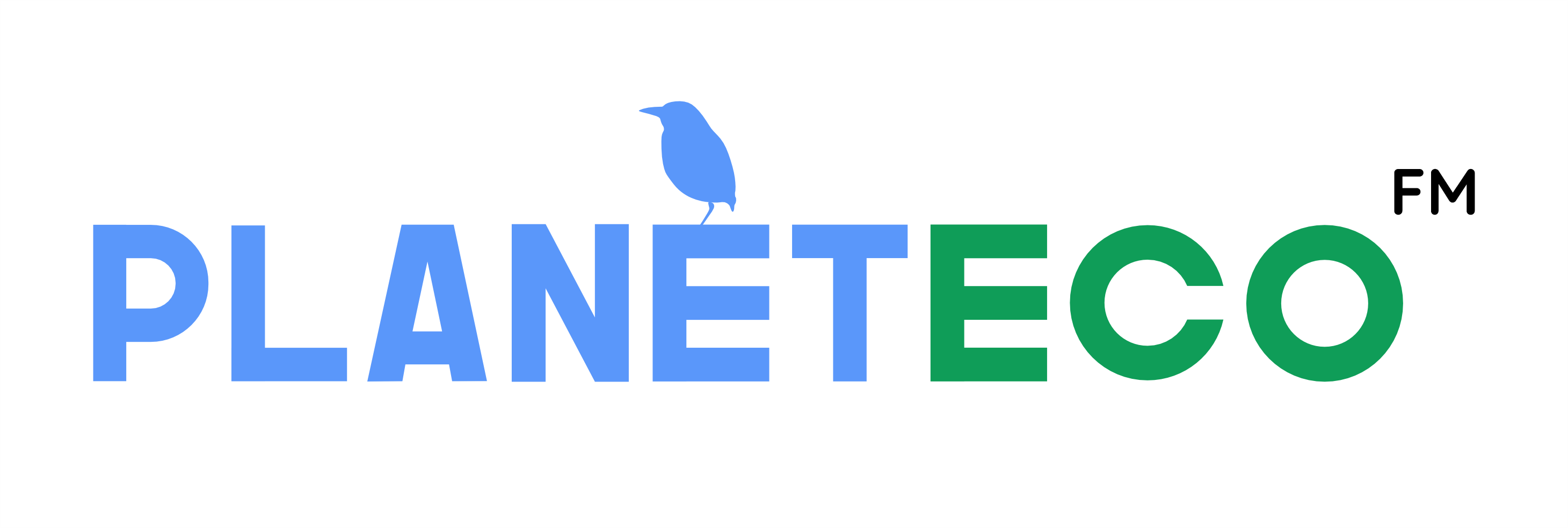Africa is rich in sunshine, farmland, and hardworking people. Nigeria, in particular, is blessed with farmers, traders, and fisherfolk who work every day to put food on our tables. But here’s the problem almost half of what they produce never makes it to us. Why? Because fruits, vegetables, fish, meat, and milk spoil too quickly due to lack of cold storage. Let’s break this down.
The Big Problem: Post-Harvest Loss
Imagine growing 100 baskets of tomatoes and watching 45 of them rot before you can sell them. That’s what happens to many Nigerian farmers. According to reports, up to 45% of perishable foods in Nigeria spoil before they reach markets or consumers. That’s a massive loss not just of food, but also of money, time, and effort.
Now multiply that problem across other African countries. It adds up to billions of dollars lost every year. Farmers and fisherfolk lose their income, and people have less access to fresh food. It’s not fair.
But what if we could store this food safely, without worrying about electricity bills or diesel fuel? That’s where solar-powered cold storage comes in.
What Is Solar-Powered Cold Storage?
Solar-powered cold storage is like a refrigerator or freezer that runs on sunlight instead of electricity or fuel. It uses solar panels to power cooling systems and batteries to store energy for nighttime use.
Here are some types you should know:
- Solar Refrigerated Containers: These are like walk-in fridges that run on solar panels perfect for farmers’ markets and rural areas.
- Solar Ice Makers: Machines that use sunlight to make ice great for keeping fish fresh.
- Portable Solar Fridges: Small, mobile coolers that can be used by market traders or fishermen on boats.
- Cold Hubs: Community cold storage units where vendors can pay a small fee to store their goods overnight.
These technologies are especially useful in rural communities that don’t have steady electricity.

Why Isn’t This Common in Nigeria Yet?
Even though it sounds like the perfect solution, solar-powered cold storage is still rare in Nigeria. Here’s why:
- It’s Expensive at First: Buying solar panels, batteries, and refrigeration equipment costs a lot of money upfront.
- Not Made Locally: Most of the parts are imported, which increases the price.
- Low Awareness: Many farmers and traders don’t even know this technology exists.
- No Access to Loans: Most small farmers don’t have the money or access to financing to invest in it.
- Poor Government Support: Our policies don’t yet focus on off-grid cold storage as a priority.
Why This Matters for the Environment
Let’s not forget the planet! Solar cold storage is great for the environment too:
- No Greenhouse Gases: It doesn’t release harmful emissions like diesel generators.
- No Fuel, No Pollution: It reduces air and noise pollution.
- Zero Energy Bills: It uses free, clean solar power saving money and resources.
- Less Waste: Less spoiled food means less food thrown away.
This supports Nigeria and Africa’s green energy goals and helps fight climate change.
How It Can Change Lives
Solar-powered cold storage has the potential to totally transform agriculture, trade, and food systems in Africa. Here’s how:
Less Food Waste
Fruits, veggies, dairy, fish, and meat can be stored longer meaning fewer losses.
Higher Profits
Farmers can store their harvest and wait for better prices, instead of being forced to sell quickly at cheap rates.
Safer Food
Fresh fish and meat won’t spoil quickly, making food safer to eat and reducing health risks.
Boosts Agribusiness
Cold storage helps attract buyers, processors, and exporters. That builds stronger local economies.
Empowers Women and Youth
Women selling perishable goods at markets benefit from longer storage time. Youth can be trained to manage or repair the units, creating jobs.
What’s Already Happening in Nigeria?
Some organizations are already showing that solar cold storage can work here:
– ColdHubs Nigeria: Installs solar-powered cold rooms in open markets. Traders pay to store their goods overnight.
– FreshBox Nigeria: Offers small solar fridges to fish and meat sellers.
– Rubitec Solar & Solar Sister: Bring solar cold storage to health clinics and rural villages.
These projects are small, but they are powerful proof that the solution is possible.
Other African Countries Doing Cool Things
Nigeria is not alone. Across the continent, similar solutions are popping up:
Kenya: SokoFresh helps mango and avocado farmers with solar cold storage services.
Ghana & Senegal: Fishing communities use solar ice machines to keep their catches fresh.
South Africa: Big farms use solar + grid systems to store food for export.
So, What’s Holding Us Back?
To make solar cold storage more popular and affordable, we need to fix some things:
High Costs: A single unit can cost thousands of dollars.
Battery Issues: Batteries wear out and are costly to replace.
Not Enough Skilled Workers: We need more trained people to install and maintain the systems.
Financing Problems: Farmers need flexible payment plans like “lease-to-own” or small loans.
Bad Policies: Governments still give more support to diesel cold rooms than to solar ones.
How Can We Fix This?
To make solar-powered cold storage more common, here are some ideas:
Make the Equipment Locally
If we build these systems in Nigeria, they’ll be cheaper and create jobs.
Raise Awareness
Teach farmers, fisherfolk, and market sellers how this technology can help them.
Government Support
Offer tax breaks, import waivers, and subsidies for solar cold storage equipment.
Partnerships
Government, NGOs, and private companies can team up to build community cold storage hubs.
Train Youth
Start programs that teach young people how to repair and manage solar cooling systems.
Smart Policies to Support the Movement
- Make It Part of Agriculture Plans: Include solar cold storage in national farming strategies.
- Add It to Energy Plans: Rural electrification efforts should include cold storage options.
- Support Women Farmers: Create funding and training programs especially for women in agribusiness.
- Encourage Innovation: Let universities and tech startups develop cheaper, smarter versions of this technology.
Final Thoughts: The Sun Can Save Our Food
Solar-powered cold storage is not just about technology it’s about changing lives. It can help Nigerian farmers earn more, reduce food waste, feed more people, and even protect the planet.
The sun may be scorching hot in Africa, but with the right tools and investments, it can also be used to keep our harvests fresh, our pockets fuller, and our communities stronger.
It’s time to chill with the sun.



